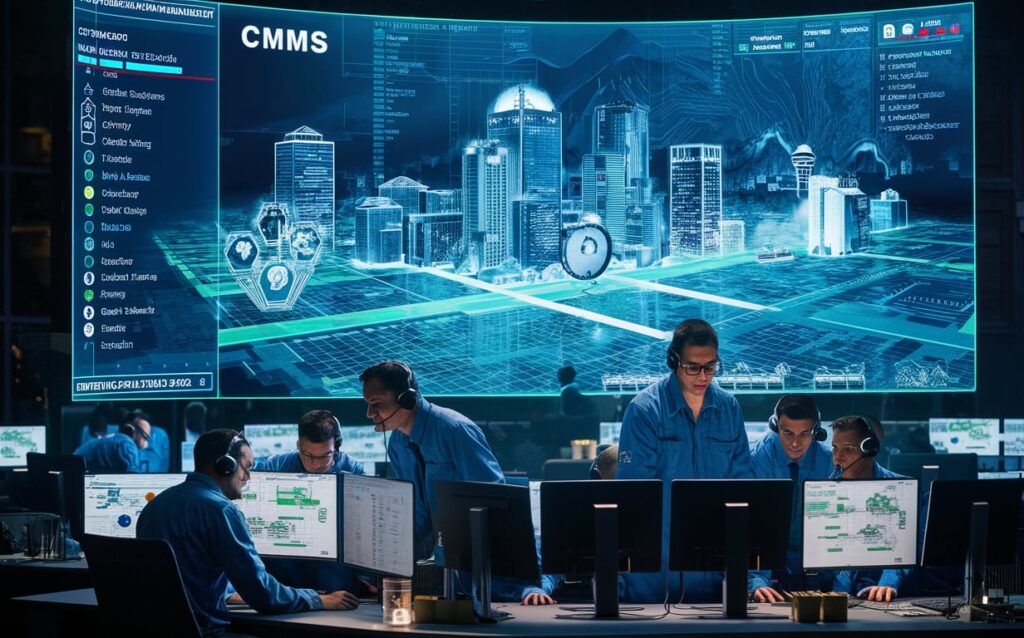The digital transformation of property and building management in the municipality
The digital transformation in property and building management has become significantly more important in recent years. The use of digital technologies and processes enables more efficient management, maintenance and optimisation of properties and buildings. This leads to improved resource utilisation, increased sustainability and cost savings. Digitalisation enables the collection, analysis and use of real-time data, which supports well-founded decisions and an increase in the performance of properties and buildings. Smart technologies such as the [...]
The digital transformation of property and building management in the municipality Read more »














